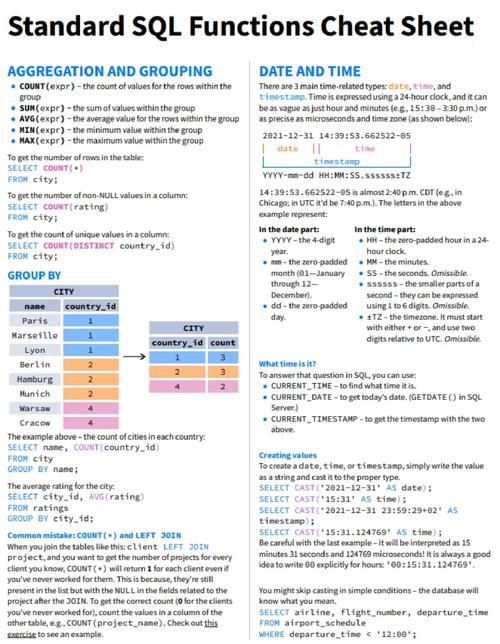Eth 200 College Course: A Comprehensive Guide
Are you considering enrolling in an Eth 200 college course? If so, you’ve come to the right place. This article will delve into the details of what Eth 200 entails, its structure, benefits, and how it can enhance your academic journey. Let’s dive in.
What is Eth 200?
Eth 200 is a college-level course that typically focuses on ethics, moral philosophy, and the application of ethical principles in various contexts. The course aims to provide students with a solid foundation in ethical theory and its practical implications.

Course Structure
Most Eth 200 courses are designed to be comprehensive, covering a wide range of ethical topics. Here’s a general outline of what you can expect:
| Week | Topic |
|---|---|
| Week 1 | Introduction to Ethics |
| Week 2 | Metaethics: The Nature of Morality |
| Week 3 | Ethical Theories: Utilitarianism and Deontological Ethics |
| Week 4 | Applied Ethics: Business Ethics |
| Week 5 | Applied Ethics: Environmental Ethics |
| Week 6 | Applied Ethics: Medical Ethics |
| Week 7 | Contemporary Ethical Issues |
| Week 8 | Final Exam Review |
| Week 9 | Final Exam |
As you can see, the course covers a diverse range of topics, ensuring that students gain a well-rounded understanding of ethics.
Benefits of Taking Eth 200
Enrolling in an Eth 200 course can offer numerous benefits, including:
-
Developing critical thinking skills: Ethical reasoning requires careful analysis and evaluation of arguments. By studying ethics, you’ll enhance your ability to think critically and make informed decisions.

-
Understanding ethical principles: The course will provide you with a solid foundation in ethical theories and principles, enabling you to apply them in various contexts.
-
Enhancing moral reasoning: Eth 200 will help you develop a deeper understanding of moral reasoning, allowing you to navigate complex ethical dilemmas with greater ease.
-
Improving communication skills: Discussing ethical issues with classmates and professors will enhance your ability to articulate your thoughts and engage in meaningful conversations.
-
Applying ethics in real life: The course will equip you with the knowledge and skills to apply ethical principles in your personal and professional life.
How to Enroll in Eth 200
Enrolling in an Eth 200 course is relatively straightforward. Here’s a step-by-step guide:
-
Research: Look for colleges and universities that offer Eth 200 courses. You can use online resources, such as college websites and course catalogs, to find the right program.
-
Check prerequisites: Some Eth 200 courses may have prerequisites, such as introductory philosophy courses. Make sure you meet the requirements before enrolling.
-
Register: Once you’ve found a suitable course, register for it through your college’s online portal or by visiting the registrar’s office.
-
Prepare: Familiarize yourself with the course materials and expectations. This will help you get the most out of the course.
Conclusion
Enrolling in an Eth 200 college course can be a valuable experience, providing you with a deeper understanding of ethics and its application in various contexts. By developing critical thinking skills, understanding ethical principles, and enhancing moral reasoning, you’ll be
